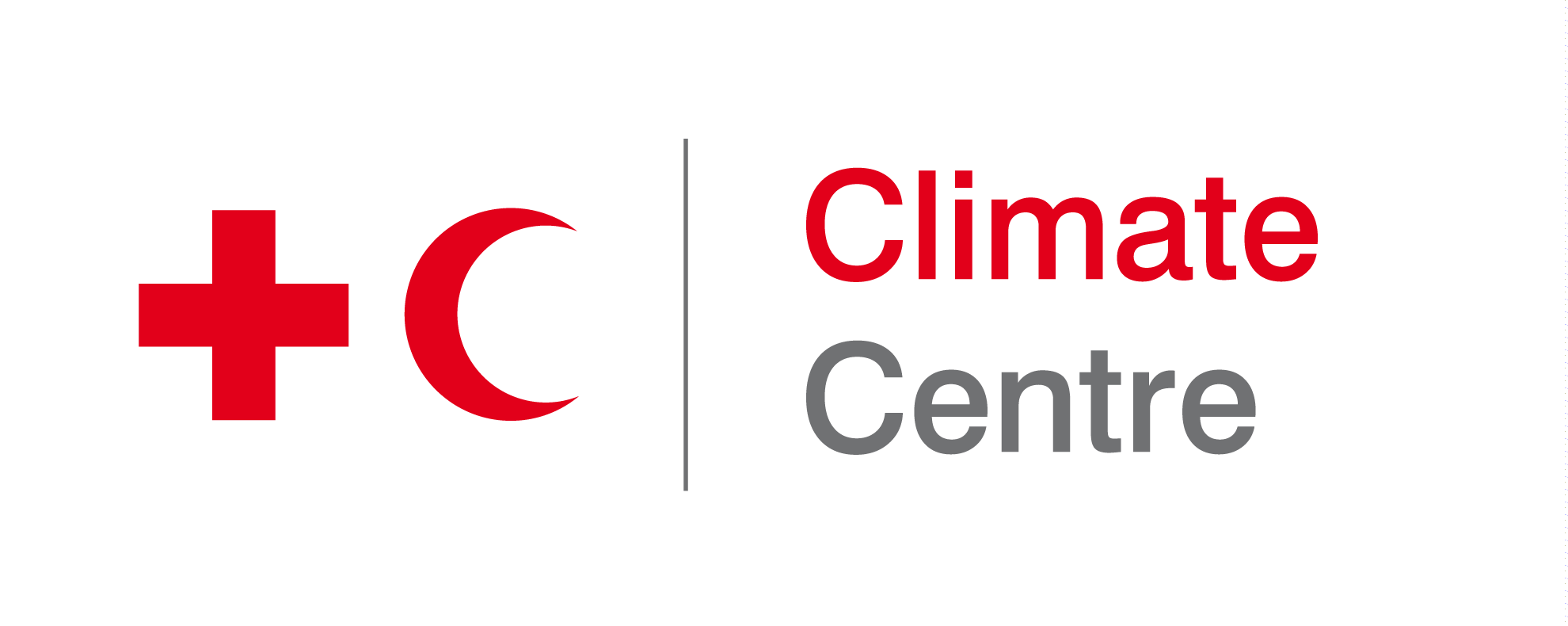Call for Proposals for Research Grants on Extreme Heat
Ten research grants will be awarded for 10,000USD or less and to be completed by the 1st of September 2022 or sooner. It should be noted that the research is expected to be original and any plagiarism will disqualify the applicants from benefiting from the grant at any point in the research process.
Extreme heat is deadly, on the rise globally, and its toll can be reduced. Heatwaves are amongst the deadliest disasters and they are getting stronger and more frequent. The last 20 years have seen a 54 percent increase in heat-related deaths in older people.
Heatwave impacts are felt most acutely in urban areas where two-thirds of the world’s people will live by 2050. Chronic exposure to extreme heat in the form of seasonal and year-round extreme heat, especially in tropical regions, has far-reaching impacts on health, productivity, and economic outcomes.
Despite the growing adverse impacts, there is a lack of global awareness, risk analysis, and action to combat heat risks. The Global Disaster Preparedness Center of the American Red Cross, the Red Cross Red Crescent Climate Centre, and the Global Heat Health Information Network (GHHIN), through this research grant program, aims to increase knowledge on heatwaves and their impact on people, especially in low and middle-income countries.
Objectives of the Research
Scope of the Research
Topic 1: Identification of local heat thresholds and triggers.
- Question 1.1: How many people have died or have been hospitalized during recent heatwave events (including hospital visits without admission)?
- Question 1.2: At what temperature/humidity/duration combination do extreme temperatures lead to an increase in hospitalizations and death?
Topic 2: Analysis of public perceptions towards heat.
- Question 2.1: How do different population groups perceive their risk related to heat?
- Question 2.2: What kind of communication and outreach strategies result in the largest uptake of self-protective measures for vulnerable groups living in places where it is climatologically “hot”?
Topic 3: Identification of strategies to influence policy and action towards risks of extreme heat.
Question 3.1: Which interventions including indigenous solutions aimed at protection against extreme heat are the most viable (for individuals and/or communities) and have the most return on investment, as defined by lives saved for modest cost?
- Question 3.2: What are the main barriers to accessing cooling options or medical care for extreme heat? What policies could help address these barriers?
Points of Entry
Selection criteria for grantees
Affiliation to an accredited university at the time of the application. Undergraduate, Graduate, Post-doctorate students and faculty in good standing.
Strong experience and/or interest in future work and/or research in understanding the nature and impact of heatwaves and extreme weather events (For Research Topic 1); in public perception surveys and analysis (For Research Topic 2); and developing advocacy strategies to influence policy and practice for humanitarian causes (For Research Topic 3).
Ability to carry out independent work as well as working in and managing teams well.
Ability to comply with technical and financial reporting and documentation requirements as outlined below.
All research to be submitted in English, translation costs can be supported.
Competitive and relevant financial proposal.
Letter of support from a faculty supervisor, for student applicants.
Research must be completed by the 1st of September 2022, or sooner.
Added Value
Letter of support from a relevant partner institution, when applicable.
The proposal clearly demonstrate how their work is adding to the state of knowledge in their country


